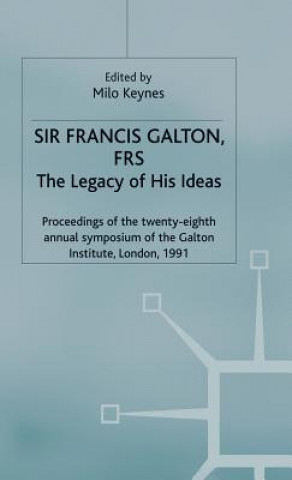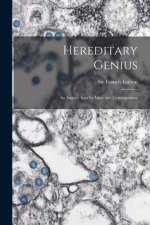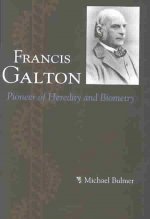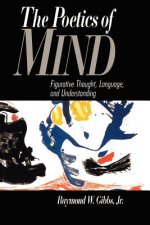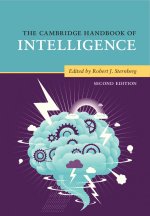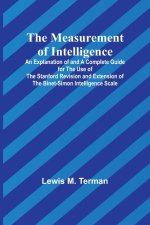
Delivery
Shopping guide





Doesn't suit? No problem! You can return within 30 days
 Gift voucher
any value
Gift voucher
any value
You won't go wrong with a gift voucher. The gift recipient can choose anything from our offer.
Sir Francis Galton, FRS
 English
English
 488 b
488 b
 Delivery to Austria
Delivery to Austria
30-day return policy
You might also be interested in


Part of the "Studies in Biology, Economy and Society" series, this book looks at Sir Francis Galton (1822-1911), a grandson of Erasmus Darwin. In his twenties he won fame as an explorer, writing "The Art of Travel", and was on the council of the Geographical Society for many years. He worked at the prediction of weather, and described his discovery of the anticyclone to the Royal Society in 1862 and in "Meteorographica" (1863). He first became an anthropologist in 1862 when he joined the Ethnological Society, which emerged to become the Anthropological Institute in 1871 - Galton was president from 1885 to 1889. He initiated anthropometry and the measurement of human variation, and the use of photography for the analysis of differences, or individual characteristics, in a group. He recognized the uniqueness of "Finger Prints" (1893), and, in 1875, first used the records of pairs of identical twins in his research into the laws of heredity. It was on the publication of the "Origin of the Species" by his cousin Charles that he realized the importance of inheritance and the transmission of characters of body and brain from parent to child. His "Hereditary Genius" came out in 1869, "Inquiries into Human Faculty" in 1883, and "Natural Inheritance" in 1889. Besides his pre-Mendelian contributions to human genetics, Galton devised the correlation co-efficient, the higher mathematics of which was to be developed by Karl Pearson, and was thus concerned with the advancement of statistics. In 1883, he coined the word eugenics by which he meant "good in birth" and "noble in heredity", and, in 1904, he founded the Galton Laboratory (now Department of Genetics and Biometry) at University College, London. He was the first president of the Eugenics Education Society in 1907, which became the Eugenics Society in 1926 and the Galton Institute in 1989. At the end of the book is a list of the presidents of the Eugenics Education Society 1908-1926, Eugenics Society 1926-1989, Galton Institute 1989-.
About the book
 English
English


 Contact
Contact How to shop
How to shop















